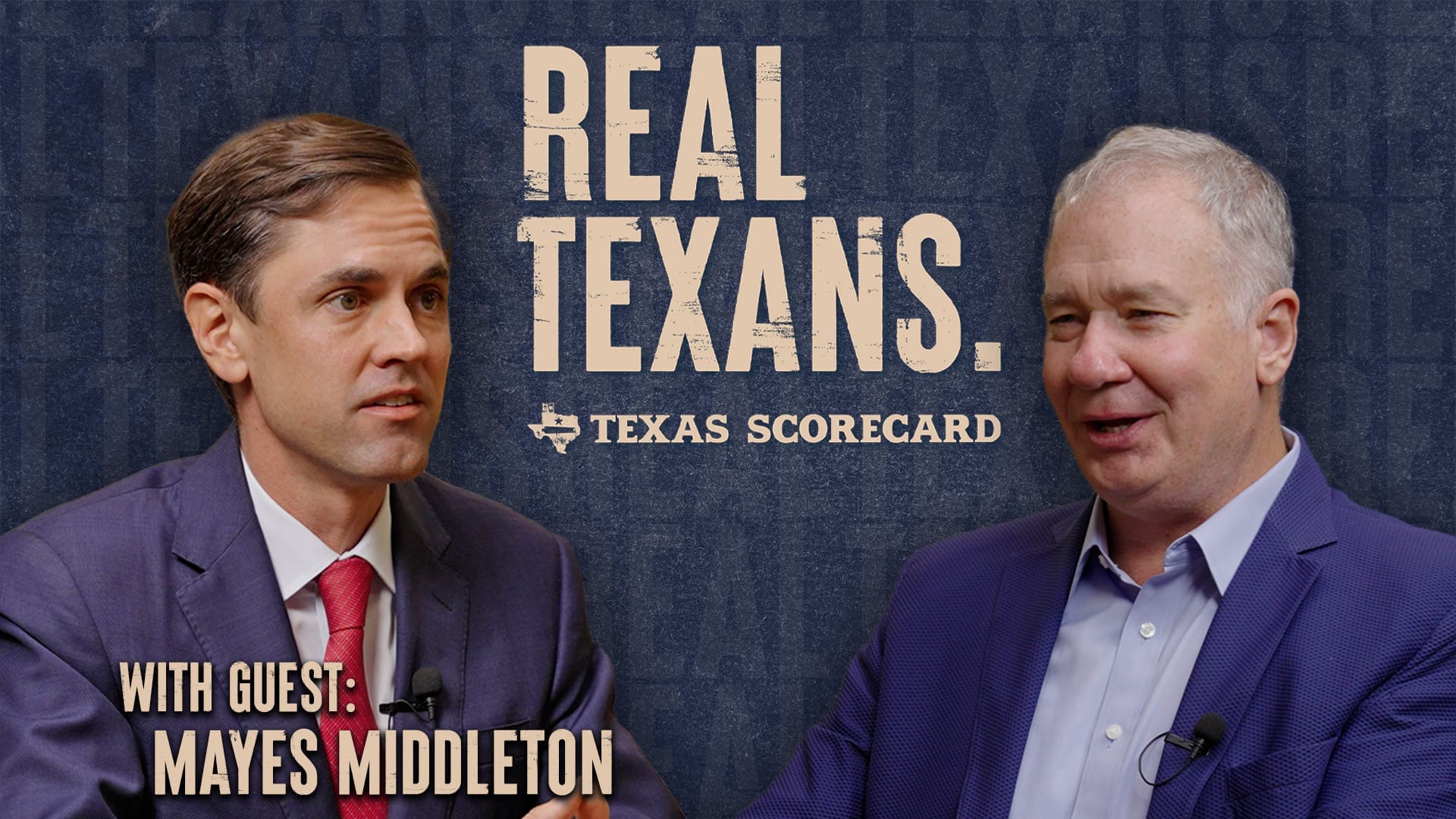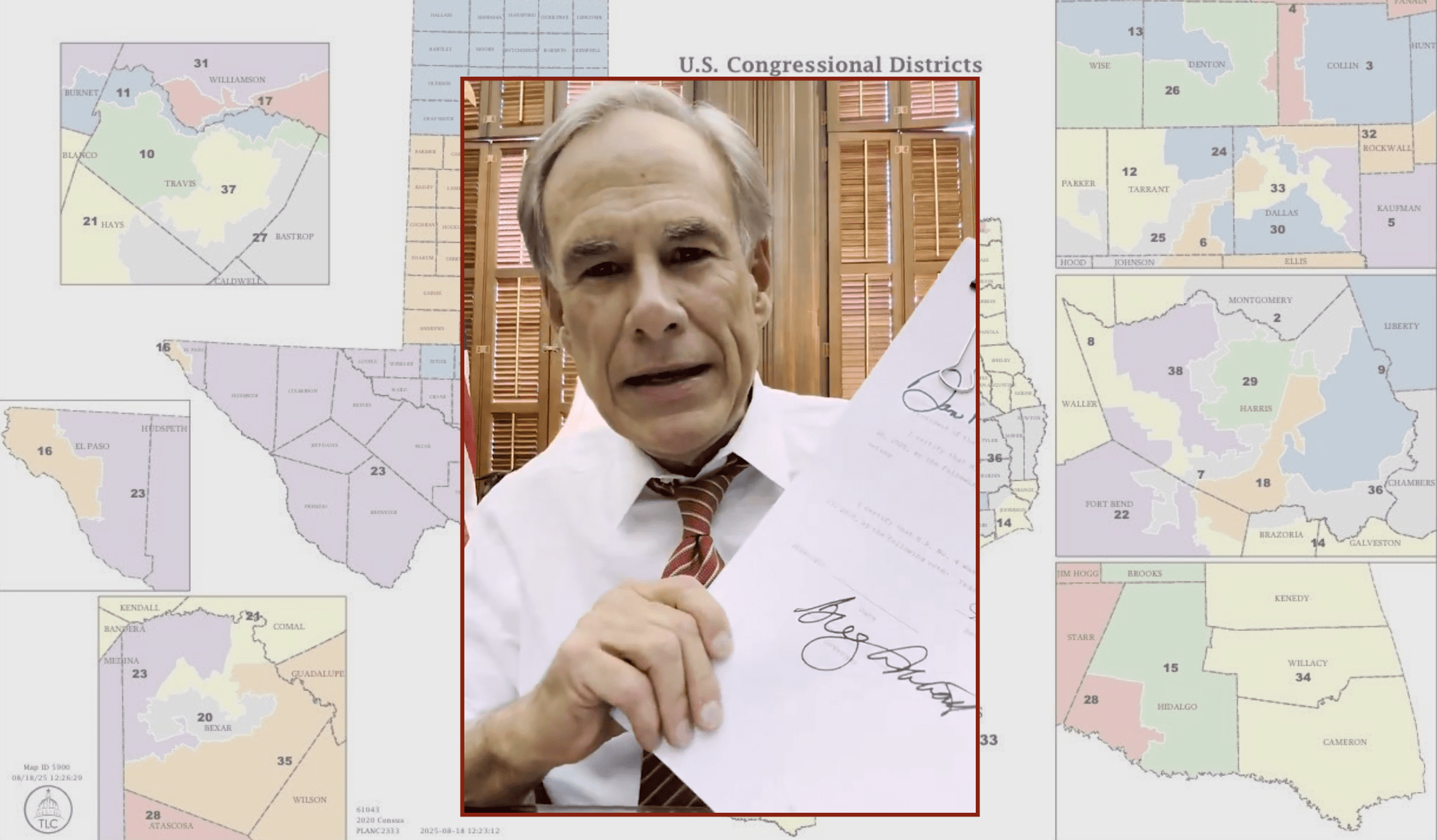To be accepted in the polite company of the intellectual elite, some pastors have learned to tell a certain lie. It is a lie that allows them to enter the rarified social and political climes into which they would otherwise not be accepted. And it is a lie that, if told quickly enough, won’t be questioned by the flock they fleece on Sundays – and might even be repeated.
That lie, of course, is that “you can’t legislate morality.”
The idea is not just hogwash but bovine excrement. It fails every possible measure of history, rationality, and scripture. But if you listen to the hip pastors on YouTube and TikTok, you’ll find it embedded in the woke view of the world they must adopt if they are to be loved by the god-hating masses whose approval they seem so desperate to earn.
Just as the carefully curated tattoo barely visible from the pulpit signals a pastor’s fashionable lifestyle outside the dreary doldrums of ecclesiastical work, the “legislating” lie serves as a signal that they are comfortable with casual parishioners shoving the Truth of God into a Sunday-sized box.
They won’t actually say that… on the record, at least. So they say, instead, that “morality cannot be legislated.”
It sounds very philosophical, as befitting someone who spent seven years in higher education. It sounds like it might actually be something written by an ancient (non-Christian) philosopher – translated from Greek (of course).
In fact, all law is a matter of morality. The only question is if that law is in keeping with, or foreign to, the moral precepts of holy scripture.
From rape to murder, and fraud to defamation, the law of the land is a reflection of the collective understanding of moral principles of the people who live there. No law has ever been passed or imposed – here or anywhere – that is separate and apart from the moral grounding of the lawgivers.
The decision to deprive a man of his property, deny him his liberty, or deal out his execution is always one based on a moral principle, as is the law that sets forth the consequences for behavior meriting that loss of property, liberty, or life.
Every action a legislative body takes is a moral statement, good or bad. Every single law is a moral declaration.
I will give the devil his due; all well-told lies have a fingerhold on truth. It is true that a law cannot “make” a man moral… but that is never the point.
If all men were moral, we would not need laws. So while passing a law does not make men moral, the law does temper men’s immoral impulses with the threat of judicial consequence in the present.
Romans 13 describes secular government as “an avenger who carries out God’s wrath on the wrongdoer.” So, please, will you tell us again about how we don’t legislate morality?
Let me close with a bit of uncomfortable clarity: No one actually believes morality cannot be legislated. They just don’t want legislation based on the morality of God as embodied in the Bible. They want to substitute the morality of God with the whims of men.
Divorcing legislative action from moral principles is the first step down the road to violent serfdom. When we set aside God’s wisdom, we embrace tyrants’ whims.
As a self-governing people, we must each be increasingly diligent in examining all laws existing or proposed in light of the moral principles set forth by God.





